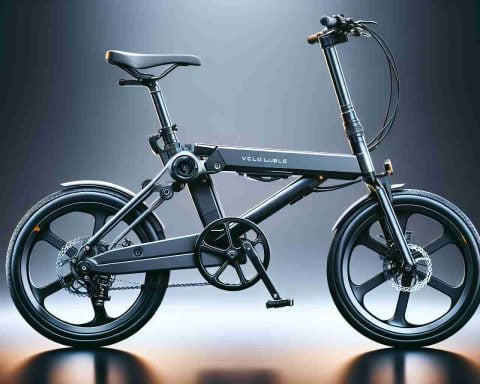The 1996 Chevrolet S10 remains an iconic pick in the world of compact pickup trucks. Introduced as part of Chevrolet’s successful S-series, the S10 has long been a favorite among enthusiasts, partly due to its balanced combination of practicality and performance.
One compelling reason the 1996 S10 is still cherished is its versatility. Owners had the choice between a regular cab and an extended cab, with two-wheel and four-wheel drive options. Engine choices included a 2.2-liter inline-four engine, capable of producing 118 horsepower, or a more robust 4.3-liter V6 with 180 horsepower. The latter was particularly popular for those seeking more power.
The truck’s size allowed it to be nimble, unlike many larger trucks, yet it still offered a reasonable amount of cargo space and towing capacity. It was a reliable workhorse for both city roads and rugged terrains. The S10’s smooth handling and comfortable ride quality were significant selling points.
Additionally, the 1996 S10 came with a variety of available trims, offering features like air conditioning, a premium sound system, and power accessories for those desiring more than just a basic work truck. Its customizable nature allowed owners to tailor the vehicle to their personal and professional needs.
Over the years, its straightforward design and ease of maintenance have maintained the S10’s reputation for durability and reliability. This classic pickup truck continues to be sought after by collectors and practical drivers alike, proving that sometimes, great things come in compact packages.
The Unseen Impact of the 1996 Chevrolet S10 on Global Pickup Culture
The 1996 Chevrolet S10 may be renowned among pickup enthusiasts, but few realize how this compact truck inadvertently reshaped automotive markets on a global scale. While its balanced mix of performance and practicality contributed to its domestic success, these very attributes catalyzed cultural shifts toward compact pickups worldwide.
Did you know? In regions like South America and the Middle East, the 1996 S10 inspired a wave of local manufacturing and adaptations, influencing the design of future compact trucks. For instance, a modified version of the S10 was produced in Brazil, tailored to suit local conditions and consumer preferences, thereby broadening Chevrolet’s international footprint.
How did it affect communities? The practicality and affordability of the S10 opened opportunities for small businesses and local tradespeople. Its fuel efficiency made it an economically viable choice, allowing businesses with limited resources to expand and thrive. For rural communities, the truck’s capability to navigate difficult terrains facilitated better access to markets and services.
A trucking controversy? While adored by many, the S10 sparked debate about safety standards, particularly in international markets with varying regulations. Some critics pointed to insufficient safety features by modern standards, sparking discussions on the trade-offs between affordability and safety.
What’s the legacy? The S10’s influence persists as a blueprint for future compact trucks, emphasizing versatility and efficiency. Its cultural and economic impact underscores a lasting legacy that extends beyond mere performance. For more automotive history and trends, visit the main domain of Chevrolet’s official site.
The 1996 S10 stands as a testament to how a single model can transcend its initial purpose, shaping industries and lifestyles in varied and unforeseen ways.















